Durga Prasai Claims Western Conspiracy Behind Nepal’s Recent Unrest
Medical entrepreneur and activist Durga Prasai has come forward with a strong statement, alleging that the recent violence in Nepal is not a spontaneous movement but rather part of a long-running Western conspiracy. According to him, the goal of these external forces is to dismantle Nepal’s traditions, weaken its sovereignty, and turn the country into a geopolitical battleground.
Condolences and Clarification
In a video message, Prasai expressed his condolences to the families of those who lost their lives in the September 8–9 unrest, while also wishing for the quick recovery of the injured. He made it clear that neither he nor his supporters participated in the demonstrations. He said they refrained from joining the protests after Kathmandu Mayor Balen Shah advised them to avoid direct involvement.
“Not Royalists, but Nationalists”
Prasai rejected the label of “royalist,” clarifying that his movement should be seen as nationalist rather than monarchist. He argued that Nepal’s political and cultural fabric has been under threat for more than a decade, with external powers attempting to systematically erode its Vedic Sanatan Dharma, discourage national unity, and encourage mass youth migration abroad.
Alleged Links to Historical Events
To support his claims, Prasai drew connections between this alleged conspiracy and several key events in modern Nepali history. He cited:
- The death of King Mahendra,
- The 2001 Royal Palace massacre,
- The abolition of the monarchy in 2015,
- And the sudden rise of new political parties such as Bibeksheel Sajha and Rastriya Swatantra Party.
According to him, these were not organic political shifts, but rather orchestrated moves designed to destabilize the country.
Nepal at Risk of Becoming a War Zone
Prasai issued a stark warning that Western powers could soon deploy military forces in Nepal, positioning the nation as a war zone caught between India and China. If unchecked, he suggested, Nepal’s sovereignty could be compromised in the name of global power struggles.
A Call for Nationalist Unity
Ending his message, Prasai urged all nationalists to unite under the vision of a Hindu Kingdom Nepal. He also called upon the monarchy to take on a more proactive role in protecting the nation’s cultural identity and sovereignty.
While Prasai’s remarks have stirred debate, they also reflect the deep anxieties many Nepalis hold about political instability, foreign influence, and the uncertain future of the country. His call for unity, framed in terms of nationalism and tradition, will likely spark further discussion in the days ahead.
Share this content:
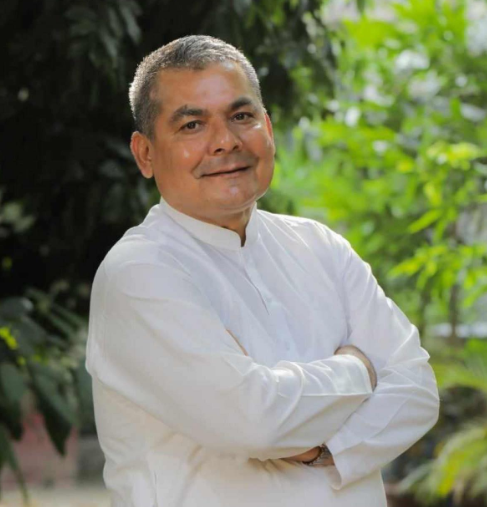

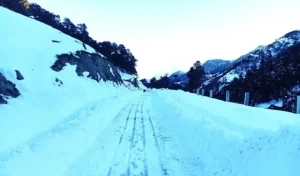
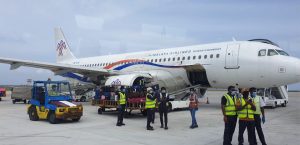

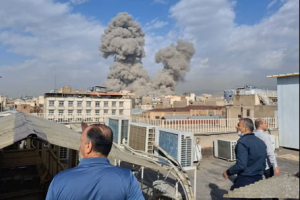
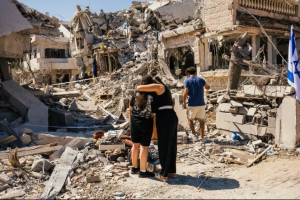
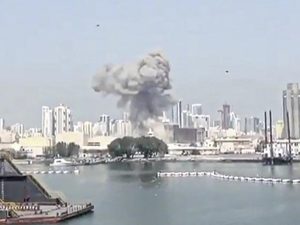


Post Comment